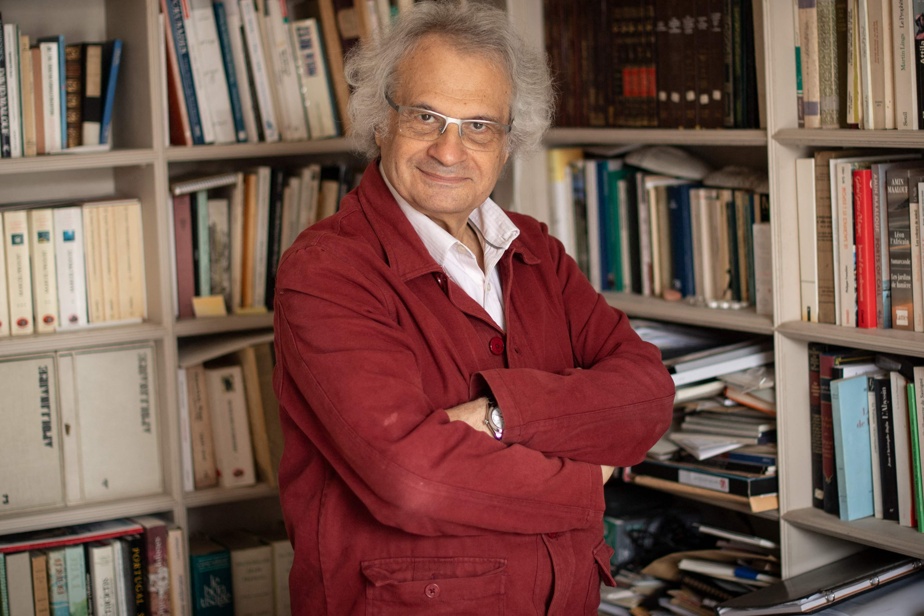(Paris) Franco-Lebanese writer Amin Maalouf, 74, was elected permanent secretary of the French Academy, an institution which according to him must “reflect the diversity of the country and the world”.
Mr. Maalouf was elected head of the Academy by 24 votes, compared to eight for his competitor Jean-Christophe Rufin, after a closed-door ballot.
The permanent secretary is the member who directs this institution responsible for defending and promoting the French language. There have only been 32 people to hold this position since 1635.
It had been vacant since the death in August of the historian Hélène Carrère d’Encausse who had occupied it since 1999.
“I am convinced that the mission of the French Academy is even more important today than it was in the time of Richelieu”, French cardinal and statesman who died in 1642; it is “an essential element of the identity of a nation and the influence of France in the world,” declared Amin Maalouf, after his election under the dome.
“We are in a distraught world and I think we need places that represent a kind of moral conscience,” added the new secretary general, very involved in the activities of the institution where he was elected in 2011.
“It’s an excellent choice, […] an immense writer, a man of fraternity, dialogue, appeasement,” greeted the Minister of Culture, Rima Abdul Malak, also Franco-Lebanese, arriving under the dome after the election.
She stressed that it was a “magnificent symbol for all French-speakers in the world”.
The new permanent secretary, winner of the 1993 Goncourt Prize for Le Rocher de Tanios, is immediately relieved of a task to which Hélène Carrère d’Encausse has devoted a lot of energy: completing the ninth edition of the Dictionary of the Academy.
“We are quite at the end,” confirmed Mr. Maalouf, the examination of the word “zoology” having for example been carried out.
He announced a “party” to celebrate the end of this task of nearly a century, also indicating that he intended to engage in “in-depth reflection” before the tenth edition: the dictionary “can no longer be conceived today as it was conceived before”.
He also did not comment on the direction he intended to give to his presidency of an institution sometimes considered conservative, on subjects such as spelling or inclusive writing.
“The Frenchman is in bad shape! It is important that the French Academy knows how to defend the language at the risk of us being treated as “react”,” declared one of the most media-focused academicians, Alain Finkielkraut, after the vote.
The new secretary general wants to be more measured: “I won’t go so far as to say that the language is in danger, but there are constant threats […] I think we need to have a vision of a French language who can become conqueror again,” he told AFP.
In any case, “the Academy is not and will never be a political party”, he insisted, deeming it “important that there are all sensitivities, all opinions (represented) and that all this happens in courtesy, in friendship and fraternity”.
Two other pressing questions will occupy him.
First, finances. The French Academy, like the other branches of the Institut de France, is in a delicate financial situation, which lives off the proceeds of its financial assets as well as donations and legacies.
In 2021, the Court of Auditors urged the rapid renovation of the Dome, in the face of the risk of fire. This remains to be done.
Then, attractiveness. Rejuvenating and feminizing the “Company,” currently made up of 28 men and seven women, has been a long-standing goal. “The green suit”, to be worn every Thursday, attracts retirees and very few active people.
“We must elect more women” academics, argued Amin Maalouf on Thursday. Five seats are to be filled at the Academy.
Mr. Maalouf also had a word for his “friend” Jean-Christophe Rufin, an unsuccessful candidate who ended up declaring himself late, which fueled tensions in the microcosm of the Academy.
